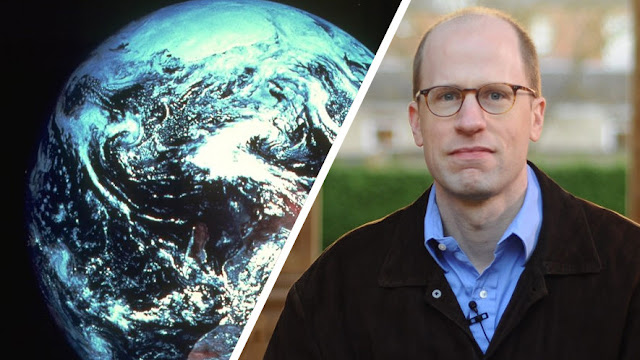Does history have a goal? Is it possible that all the human societies that existed are ultimately a prelude to establishing a system where one entity will govern everything the world over? The Oxford University philosopher Nick Bostrom proposes the “singleton hypothesis,” maintaining that intelligent life on Earth will at some point organize itself into a so-called “singleton” – one organization that will take the form of either a world government, a super-intelligent machine (an AI) or, regrettably, a dictatorship that would control all affairs.
Other forms of a singleton may exist, and, ultimately, Bostrom believes one of them will come into existence. The philosopher argues that historically there’s been a trend for our societies to converge in “higher levels of social organization”. We went from bands of hunter gatherers to chiefdoms, city-states, nation states and now multi-national corporations, the United Nations and so forth, all the way to globalization – one of President Donald Trump’s favorite targets for attack. One view of that trend sees increased power going to multi-national businesses and world government bodies, making globalization somewhat of a punching bag concept, often seen not as a needed re-organization of societies around the world, leading to increased cooperation and a peaceful international order, but rather for its potential to bring about the loss of jobs and undermine the sovereignties of individual countries, making citizens beholden to faceless totalitarian bureaucrats from foreign lands.
But a singleton doesn’t have to result in a bad outcome, argues Bostrom. In fact, he thinks it could also be a good thing or at least something that’s neither obviously positive or negative – just neutral. One way to get to a singleton, according to the philosopher, is through technology. Improved surveillance and communication, mind-control tech, molecular nanotechnology and artificial intelligence could all bring about a singleton.While some aspects of such technologies could certainly be unwanted and infringe upon individual freedoms, Bostrom thinks that there are situations in which there could be broad support for either a technological solution or a single government agency to take control of the society. As the world grows more complex, it’s harder to achieve efficient coordination between countries and individuals within them. Tech solutions in conjunction with converging moral values and a democratic worldwide government could facilitate that.
Other scenarios, like catastrophic events, could also hasten the creation of singletons. The League of Nations, for example, came out of World War I, while the creation of the United Nations was a byproduct of World War 2.
Some may view the current political trends of rising nationalism, tariff wars and anti-immigration platforms to mean that globalization and an overall unification of people the world over is not coming any time soon. In fact, it feels like we are going backwards on such a path.
In an email exchange with Big Think, Bostrom cautioned us to not only look at what is happening over the course of a decade or maybe even a few decades. There are much larger, historic trends at work, which may see the current times as a blip rather than a change in the overall direction.
“I don’t think there’s much evidence in the year-to-year (or even decade-to-decade) political jitters for the question of the long-term fate of Earth-originating civilization,” writes Bostrom, while adding “Still, it seems a bit sad whenever the world is moving in the direction of fragmentation and unilateralism.”
He would rather see relationships between nations like the United States and China to be cordial rather than the “tussles and tensions” that we get now, with the added risk of a further breakdown in communication leading to even worse outcomes.“I fear that people have forgotten how bad the Cold War was or have learned the wrong lesson – “well we survived it so it wasn’t so bad,” warns the philosopher. “But I think it’s more like somebody played a round of Russian Roulette and survived and then they say “hey that wasn’t so bad, let’s play another round!” With the opening of the nuclear archives, we can see how close the world came to the brink on several different occasions. Allowing ourselves to slide into another situation even remotely like that of the Cold War would be a huge mistake.”
Political tides certainly can come and go. It might be long until we can definitively tell which era we are living in now. Either advanced technology and a spreading democratic order will create a global techno-utopia of the future or we will be enslaved by corporate hegemony and international oligarchs. There are also options in between. It’s important to remember that once created, a singleton could become the way of life for the foreseeable future as it will take measures to stay in existence and to keep away threats



No comments:
Post a Comment